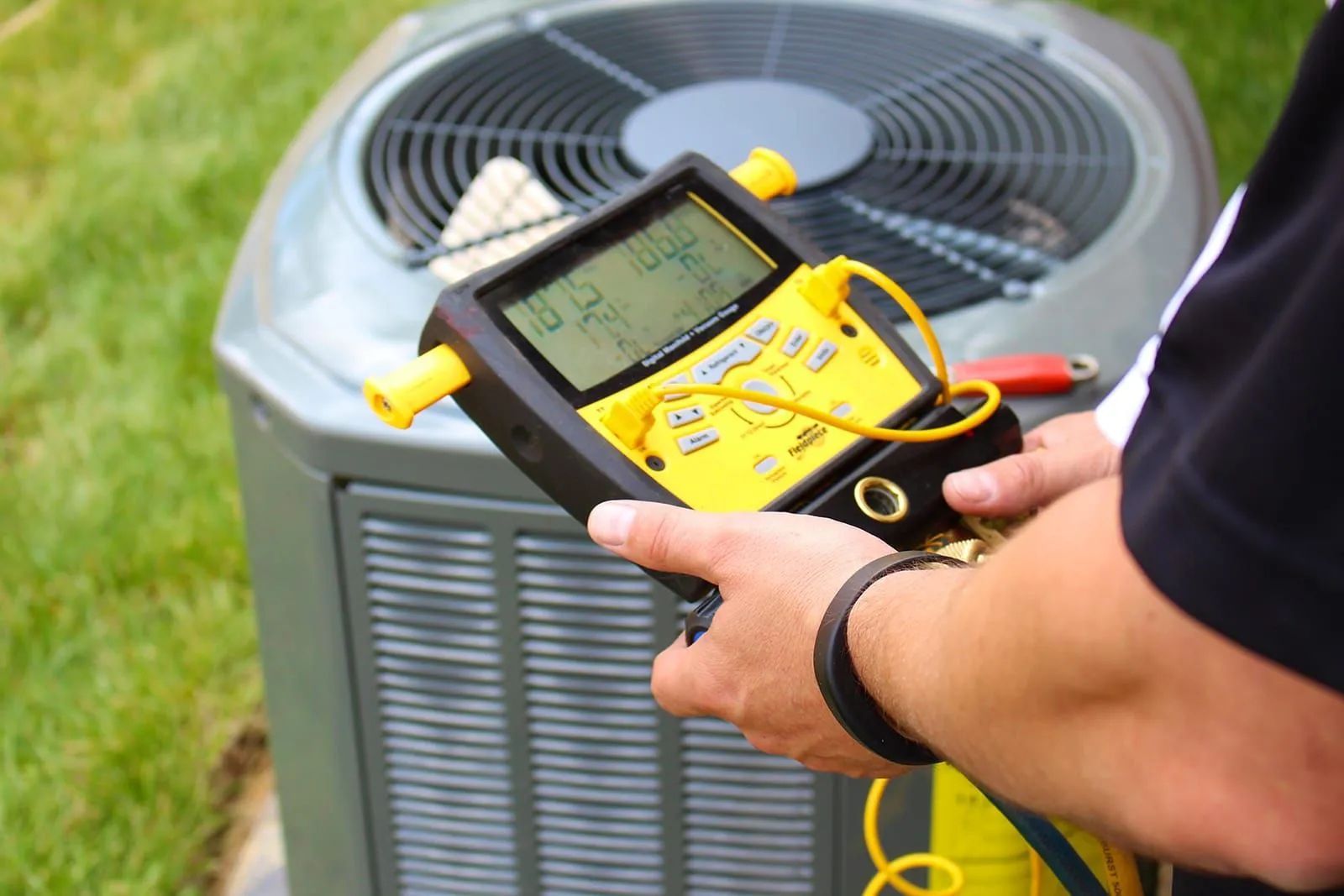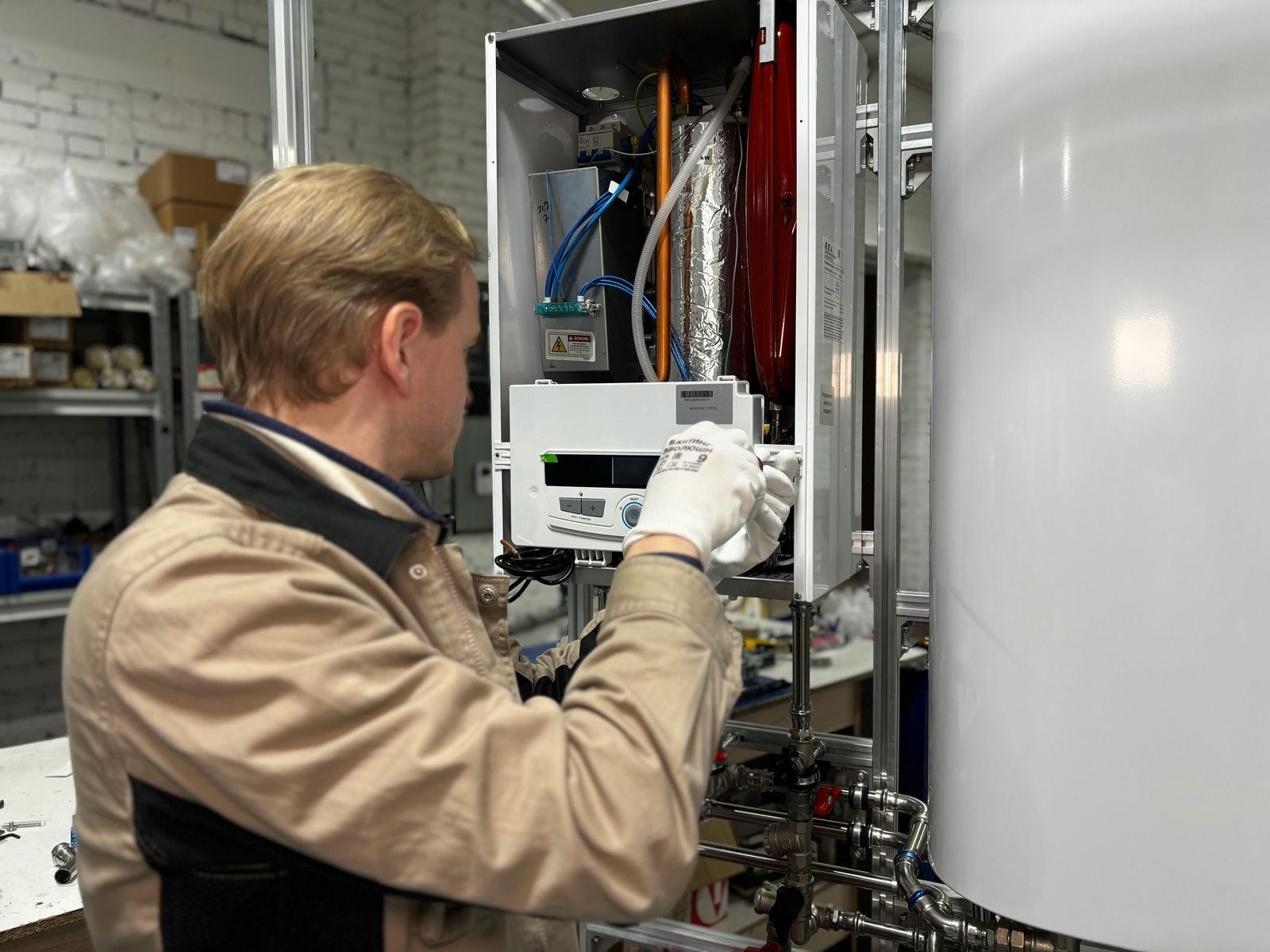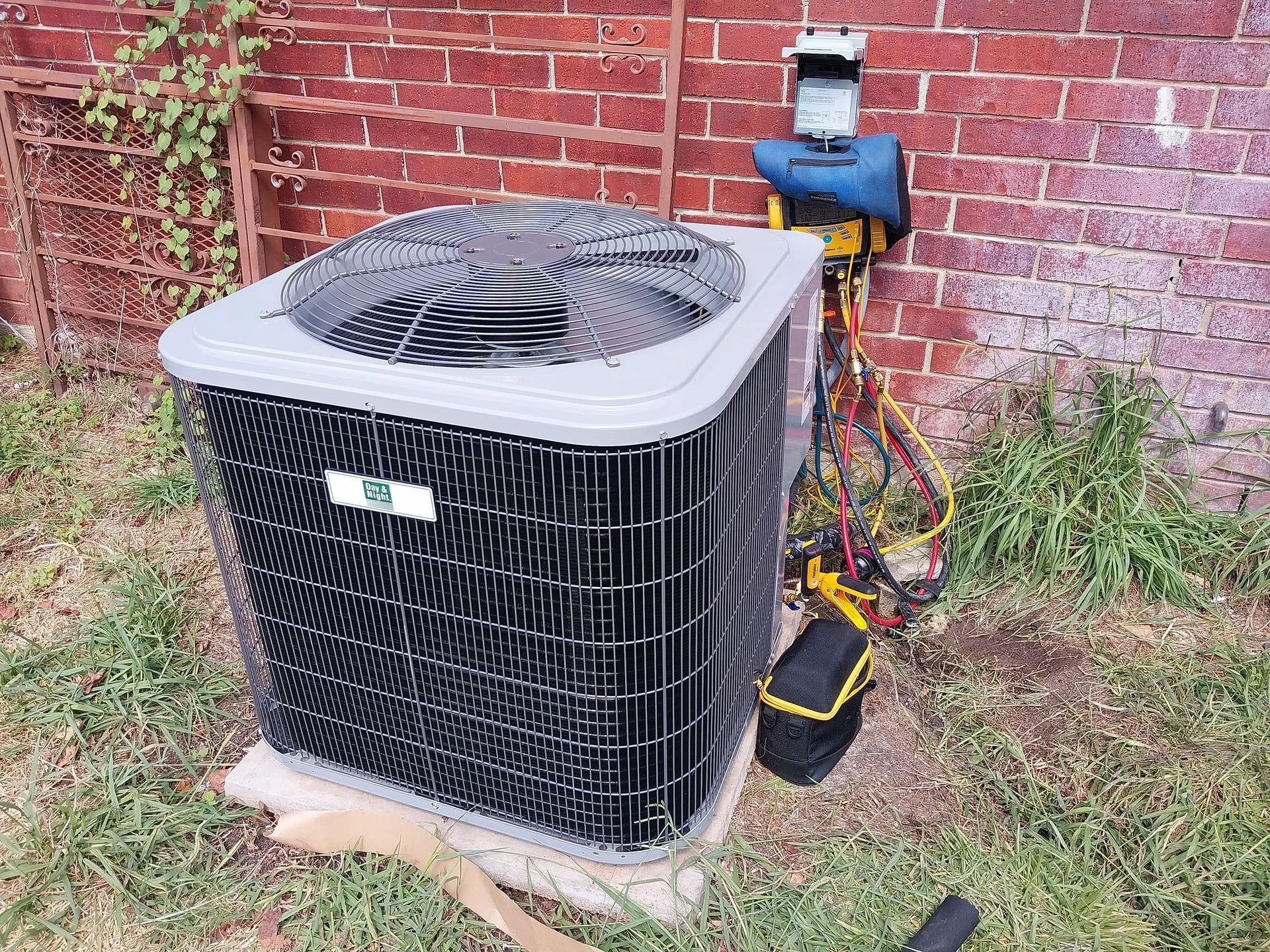When to Repair vs. Replace Your HVAC System: A Comprehensive Guide for Residents
Your HVAC system is essential for year-round comfort, but will eventually wear out. When problems arise, you may wonder whether to repair or replace it. Knowing when to repair or replace can save money, boost energy efficiency, and enhance comfort. This guide assists Belton residents in making informed choices based on system age, repair costs, efficiency, and performance.
1. Consider the Age of Your HVAC System
One of the first things to evaluate is the age of your system. Most HVAC units have a lifespan of 10 to 15 years, depending on maintenance and usage. If your system is relatively new and experiencing minor issues, repairing it may be the best option. However, if your unit is over 10 years old and requires frequent repairs, replacement might be the more cost-effective choice in the long run. Older systems tend to lose efficiency, leading to higher energy bills and inconsistent indoor temperatures.
2. Compare Repair Costs vs. Replacement Costs
A general rule of thumb is the "5,000 rule": Multiply the cost of the repair by the age of your system. If the total exceeds $5,000, replacement is the better option. For example, if a repair costs $600 and your system is 12 years old, the total would be $7,200, indicating that a new unit is a wiser investment. On the other hand, minor repairs that cost less than a few hundred dollars can often extend the life of your HVAC system without the need for a full replacement.
3. Evaluate Energy Efficiency and Utility Bills
Older HVAC systems tend to be less energy-efficient, leading to higher utility bills. If you notice a significant increase in your energy costs despite normal usage, your system may be struggling to operate efficiently. Modern HVAC units come with higher SEER (Seasonal Energy Efficiency Ratio) ratings and advanced technology that can help reduce energy consumption and lower monthly bills. If your current unit lacks energy efficiency and is causing excessive costs, upgrading to a newer model can be a smart long-term investment.
4. Assess the Frequency of Breakdowns
Frequent breakdowns and service calls are a clear indication that your HVAC system is nearing the end of its lifespan. If you find yourself calling for repairs multiple times a year, the costs can quickly add up. Replacing the unit not only eliminates ongoing repair expenses but also ensures you have a reliable system that operates smoothly without unexpected failures. Investing in a new unit provides peace of mind and reduces the hassle of dealing with frequent HVAC issues.
5. Evaluate Your Home Comfort and Air Quality
If you experience uneven heating and cooling, excessive humidity, or poor indoor air quality, your HVAC system may no longer be performing efficiently. Older units struggle to maintain consistent temperatures, which can lead to discomfort, especially in the Texas heat. A new HVAC system can improve air circulation, humidity control, and overall indoor air quality, making your home more comfortable throughout the year.
Get Expert Advice from CenTex Superior Services
Choosing between repairing and replacing your HVAC system is a significant decision that depends on multiple factors. If you're unsure about the best option for your home, consulting with a trusted
HVAC professional can help you make an informed choice. At CenTex Superior Services
in Belton, Texas, we specialize in HVAC repairs and installations tailored to your needs. Contact us today to schedule an inspection and ensure your home stays comfortable year-round!



